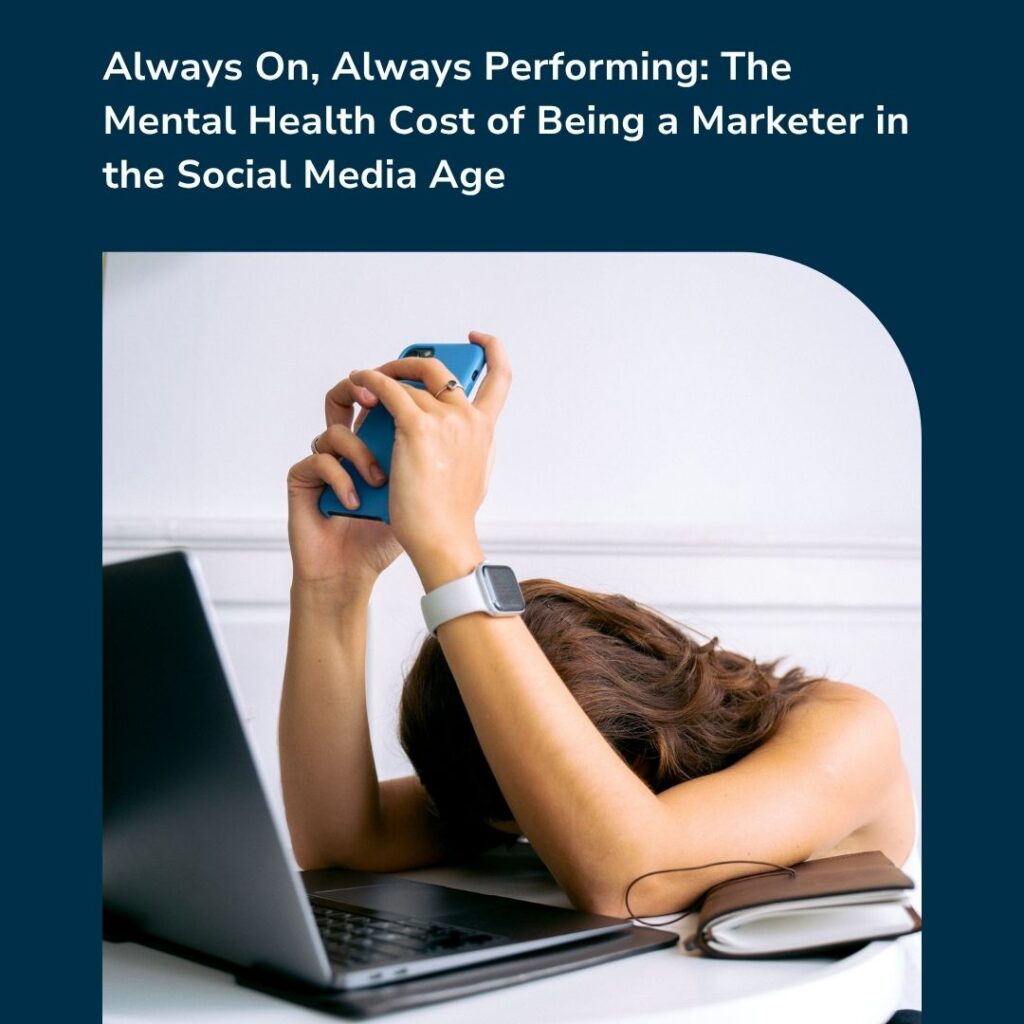Tags – how to become a better thinker
Most of us are incapable of naturally focusing on a single thought.
Well, if you can do exactly that: able to focus on a single thing and block out everything else, you can click off now.
The rest of us need to learn how to do this and become better thinkers.
To help you out, here is what you need to do, according to our learnings from social psychology and a bit of neuroscience:
1. Learn to Differentiate Your Thinking Modes
Even though I started off this blog by talking about focusing on a single thought, it is important to recognise that most life situations don’t require that level of focus.
In fact, most of our thinking is reflexive, and you are better off that way.
You don’t need to think about wearing a shirt while wearing a shirt; you don’t need to think about tying your shoelaces; you don’t need to worry about how you stir your cup of tea – all of this needs to be natural and free flowing.
In other words, your amygdala can take care of all this.
What you need to focus on is the functions of your prefrontal cortex: the more deliberate and analytical tasks for instance. Ideally, your logic needs to be awake when you are performing these tasks.
Problems arise when your amygdala is active when your prefrontal cortex should have been active, and vice versa.
In other words, there are times to be more emotional and there are times to be more logical. The 2 sides rarely go 50/50 in any situation.
Now that you are aware of the difference, you need to know when to break the circuit.
2. Learn to Cut Out Emotions When Needed
I am not saying that emotions are bad. But, emotions aren’t your best friend either.
In fact, arguably, emotions are what makes us human, and give meaning to many life situations. But, you throw in emotions at the wrong time, or in the wrong quantity, and you will have a problem on your hands.
So, before you do anything, learn about your emotions.
And once you start doing that, you will start to think about your environment and circumstances.
3. Learn About Your Moods
Have you ever realised that your moods are somehow associated with the space you are in. And, when I say space, it can be both physical and mental.
Actually, I am going to go one step further; I can even associate my mood with the language that I am speaking.
For example, I have learnt that I am more explicit in my mother tongue than I am in English. And there is a simple reason for this: English, or British English that we speak here, is far more polite, especially as compared to my mother tongue: Pashto.
Let me give you an example of this explicitness change:
The version of the proverb: Good givers attract really good takers, meaning that you shouldn’t be too nice, in Pashto is:
If you let someone use your shoulders as a seat, they will shit there too.
In all fairness, most of the proverbs I know in Pashto include shit and getting hit by something very unpleasant; you can derive the rest of what I mean.
The overall point that I am making is: your brain associates thinking with the mood you are in. And, that mood can be influenced by your physical and mental states.
So, start compartmentalising your physical and mental states with conditions for thinking.
That is the simple reason why you can’t get any work done in your kitchen. But, you might have the most philosophical thoughts in the shower. (Well, I can’t be the only one).
Just make sure: you are not overdoing things.
4. Learn to Cut Out Tangents
Have you ever gone down a YouTube rabbit hole. For example, you started with watching a video of a puppy playing but somehow ended on a WWII documentary half an hour later.
In most cases, we can’t even recall what happened in between.
This is because, most of the time, we are not regulating what we are thinking. And, if you consciously put an effort to cut out tangents, you can become a great thinker.
However, while gaining this focus, again, don’t go overboard.
5. Don’t Limit Your Creativity
Have you ever wondered why brainstorming works?
Real brainstorming, I mean. Not a get together where 2 guys overpower the thoughts of everyone else.
In a real brainstorming session, you need to put down all potential ideas on a piece of paper, and then bring the thoughts together, either on your own or as part of a group. No ideas are stupid in this case; nothing is far fetched. If your idea is a potential solution, it can be the solution to whatever problem you are trying to solve.
The key point to remember is that you are trying to solve one particular problem; you are trying to think about a single thing that is important in that moment of time. So, focus your energies but don’t over limit yourself.
Concluding Remarks
At the end of the day, a better thinker is a strategic thinker; it’s someone who can think of the before and after, and the why and the how of a single point of concentration.
Keep that at the back of your mind and you will not go wrong.
To learn more, get in touch with us today.
In the meantime, check our digital marketing services to find out how we can push you in your journey of business growth.
You may also like:









